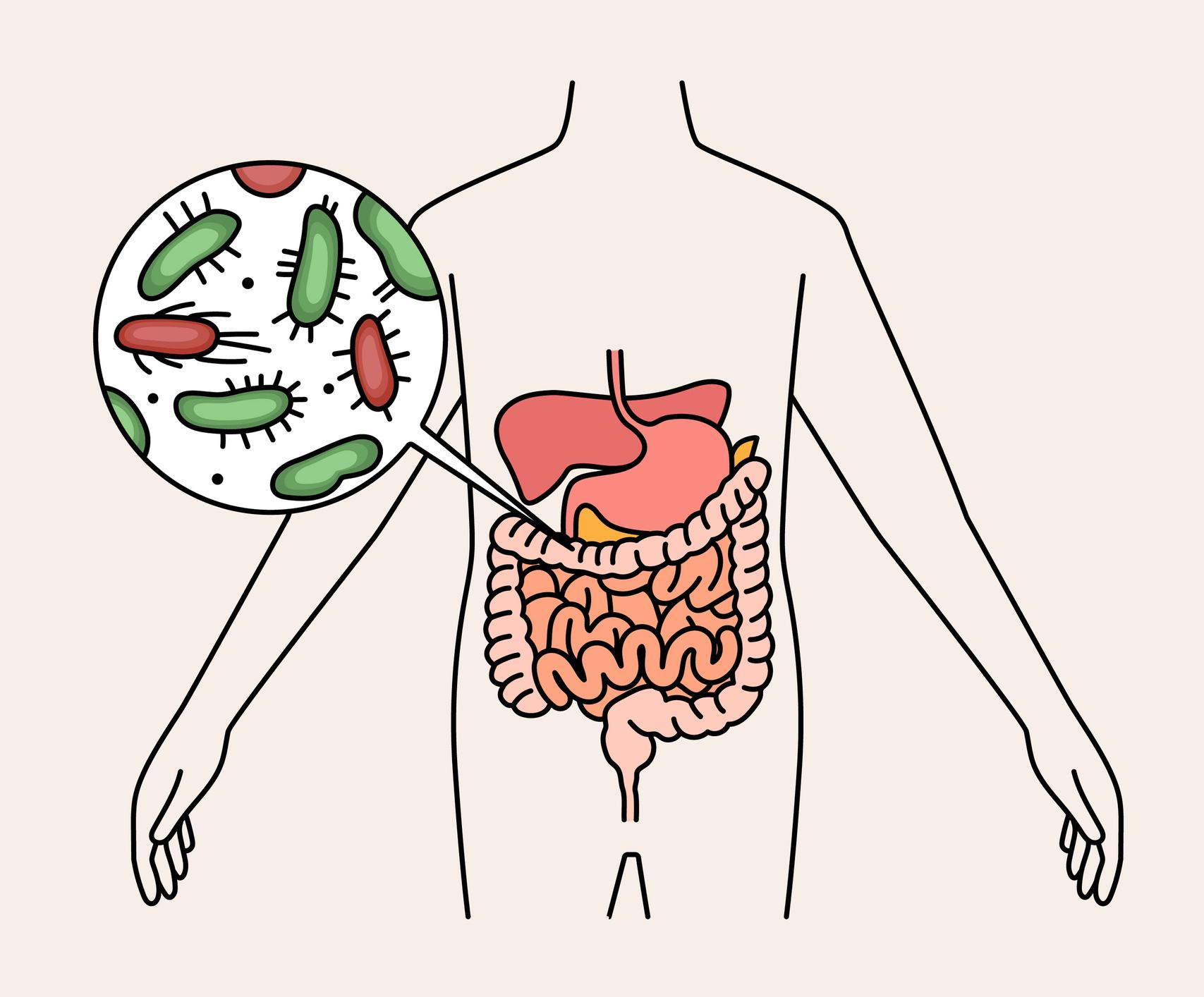
The human intestines contain a complex and diverse community of microbes that break down food to produce metabolites. Some metabolites are beneficial to human health, such as vitamins, while others can be harmful and lead to obesity or gastrointestinal disorders. A major gap in the microbiome field is measuring and understanding these metabolites.
“There are currently few strategies to measure metabolites produced by the gut microbiome, and even fewer that work in real time,” says Brantley Hall, an assistant professor of cell biology and molecular genetics.
Now Hall has been awarded funding from the National Institutes of Health (NIH) to develop a wearable device that can do exactly that, potentially leading to therapeutic interventions for patients suffering from gastrointestinal disorders like Irritable Bowel Syndrome (IBS) and Inflammatory Bowel Disease. IBS is one of the most common disorders seen by doctors, affecting one in 10 adults.
The $417K award will be spread over two years, supporting Hall’s work in the Center for Bioinformatics and Computational Biology (CBCB), a lab focused on research questions that arise from the genome revolution.
Hall, who also has an appointment in the University of Maryland Institute for Advanced Computer Studies, says that existing devices are much larger, and his goal is to design a smaller device that can perform the same functions if not better.
He adds that future developments could lead to personalized dietary interventions and improved communication between doctors and patients about their symptoms.
—Story by Maria Herd